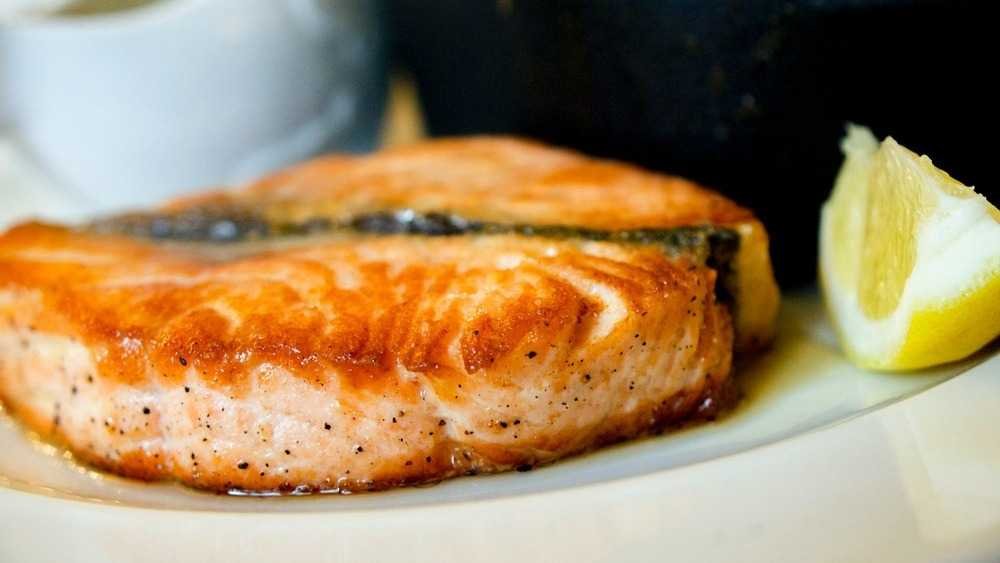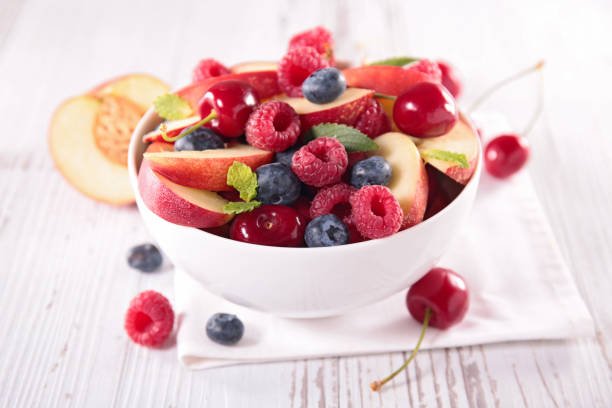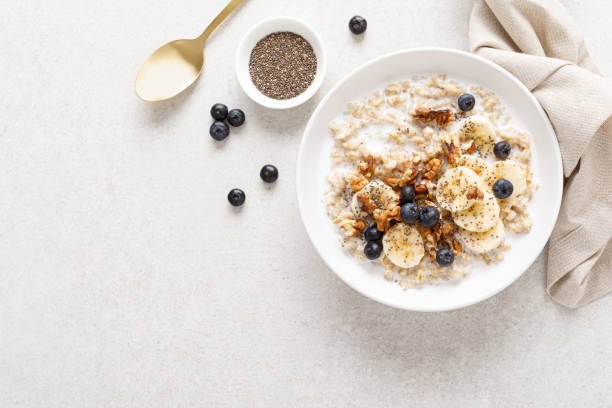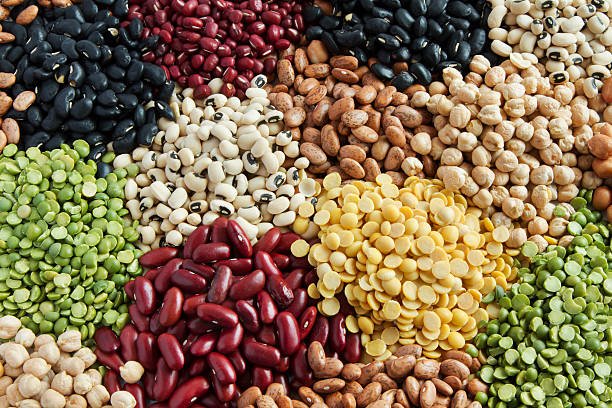
How to Lower Cholesterol Quickly? Just Eat These 5 Types of Foods! Not Only Lowers Cholesterol, But Also Prevents Constipation and Diabetes
There are always endless dinner parties and social events during Christmas and New Year. Eating big fish and meat causes people to consume too much saturated fat and trans fat, causing high cholesterol and thus increasing the risk of cardiovascular disease.
This article has compiled for you 5 kinds of foods that can help lower cholesterol to help you control lowering cholesterol through diet and prevent high blood pressure, blood clots, stroke and other diseases.
5 foods to quickly lower cholesterol
1.Apples, berries and citrus fruits
These fruits are rich in pectin (Pectin), which is the water-soluble dietary fiber commonly found in fruits. This type of fiber can combine with fatty acids in the body and effectively reduce density lipoprotein cholesterol (LDL, also known as bad cholesterol). It is recommended to eat 1 to 2 servings of these fruits every day, or use them as desserts or snacks after meals. When dining with friends, you may wish to choose salads or dishes containing these fresh fruits instead of high-calorie desserts.

2.Walnuts, almonds, hazelnuts, peanuts, pistachios, macadamia beans
Nuts are rich in unsaturated fatty acids, which can help reduce bad cholesterol and further protect heart health. The protein and dietary fiber it contains can also bring an immediate feeling of satiety. Use nuts as TV snacks or pre-meal snacks. It is recommended to consume 1 tablespoon of nuts (about 10~15 grams) every day, and give priority to natural nuts without any added seasonings, and avoid buying seasoned ones (caramel, salt) of nuts.

3.Salmon, mackerel, albacore tuna, herring, sardines, lake trout
High-fat fish contains Omega-3 unsaturated fats that can reduce bad cholesterol, reduce triglycerides, and help alleviate irregular heartbeats.
Eating this type of fish with whole-grain foods, such as oats, brown rice, purple rice, whole wheat, etc., not only lowers cholesterol, whole-grain foods can also prevent excessive blood sugar fluctuations, are rich in fiber, promote intestinal peristalsis, and prevent constipation and diabetes. and cardiovascular disease risks.

4.Oatmeal
Oats and many cereals are rich in water-soluble dietary fiber, but the fiber content of oats is higher than that of other cereals.
Water-soluble dietary fiber can combine with bile acid in the intestine to help bile acid be excreted through feces. Cholic acid is a metabolite of cholesterol and is secreted by the liver into the intestine to assist in the digestion of fat. Once the elimination of bile acid becomes better, the liver will promote the metabolism of cholesterol in order to supplement the required bile acid, thereby indirectly reducing blood cholesterol.
The U.S. Food and Drug Administration (FDA) emphasizes that as long as you consume 3 grams of oat water-soluble fiber (β-glucan) per day (about a bowl and a half of oatmeal), you can achieve the effect of lowering cholesterol. It is suggested that people may replace common breakfast options such as sandwiches or burgers with oatmeal.

5.Butter beans, peas, pinto beans, barley
Beans are another large family of water-soluble fiber. Most beans are rich in fiber. Among them, the above four types of beans have the highest fiber content. Other common beans such as red beans, mung beans, and various soybean products all contain dietary fiber. fiber.
Beans come in many varieties, with different flavors and relatively cheap prices. However, it should be noted that the fiber content of processed soy products, such as tofu, soy milk, and dried beans, is significantly different from that of ordinary beans. If you want to enhance the cholesterol-lowering effect, it is recommended to eat unprocessed raw beans.













